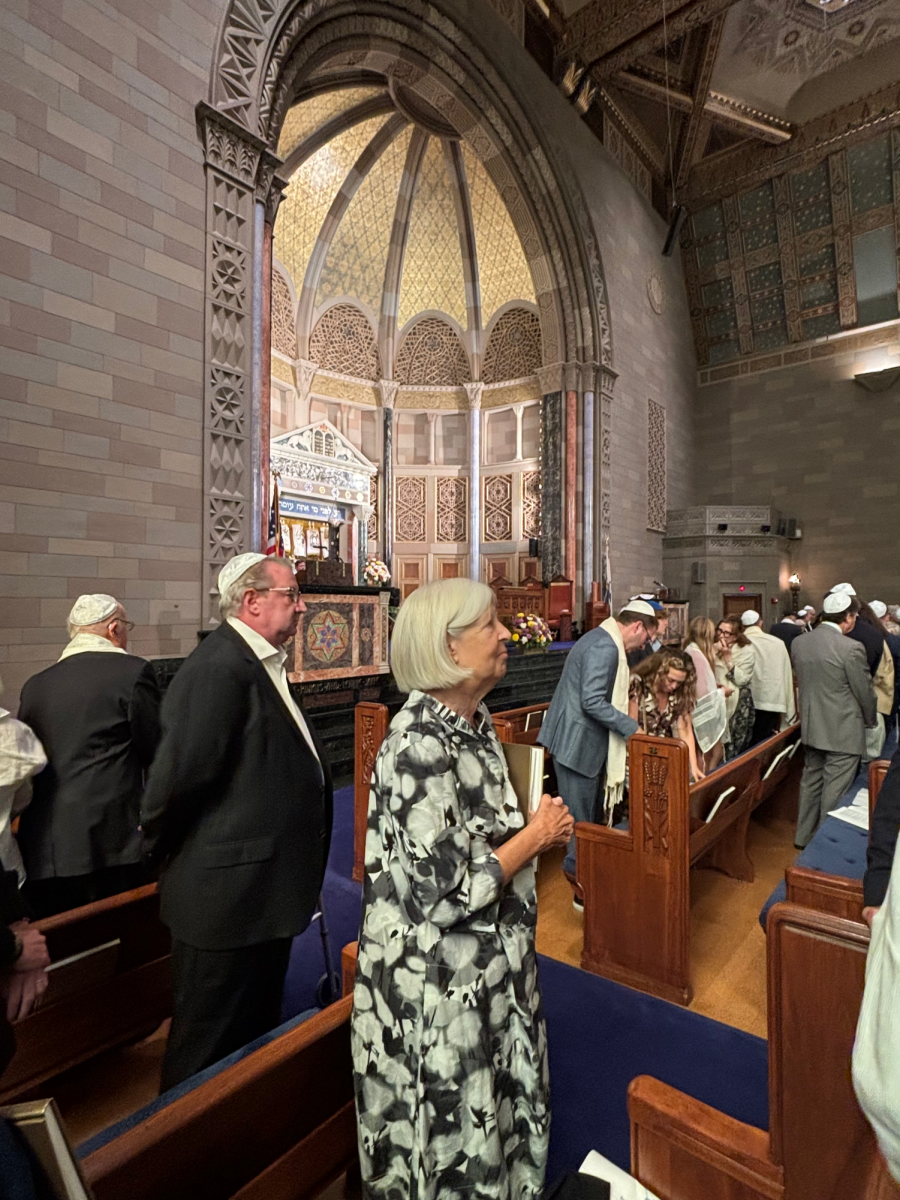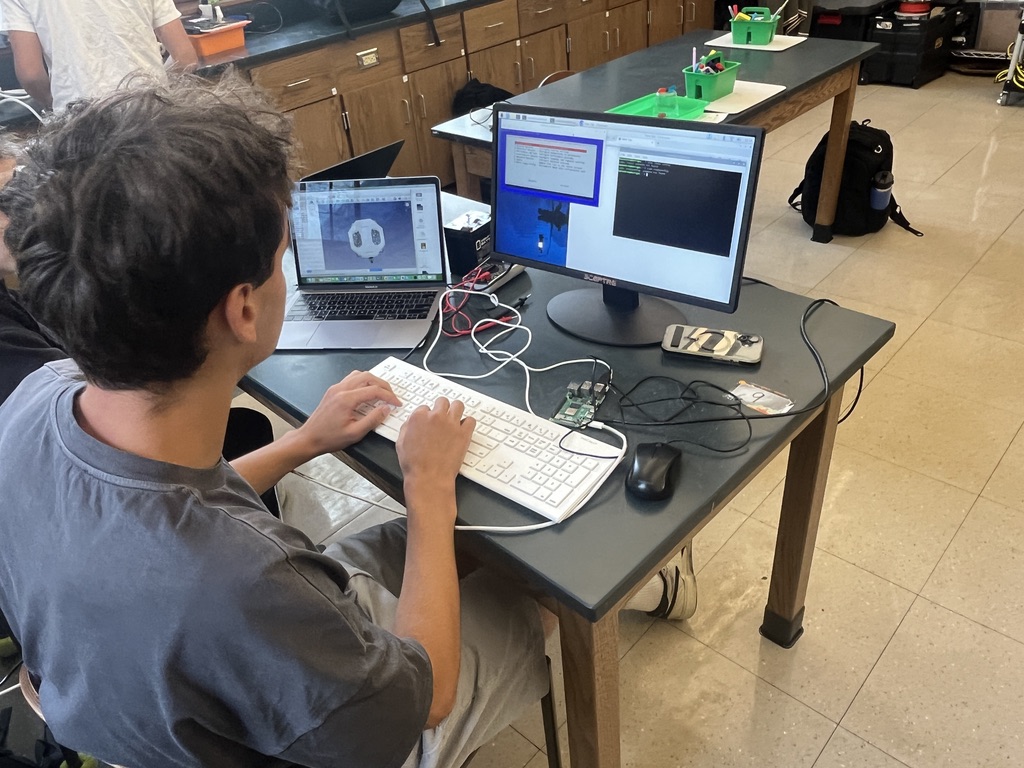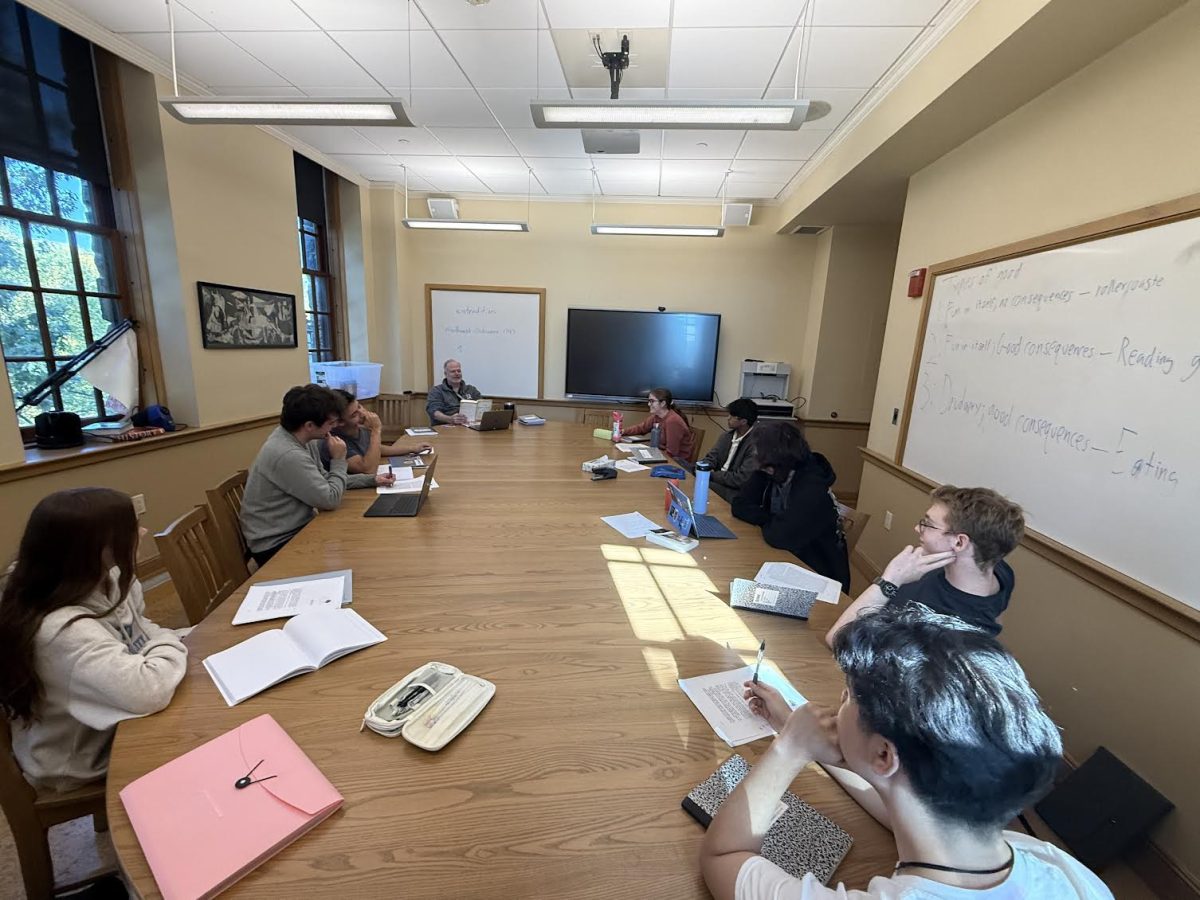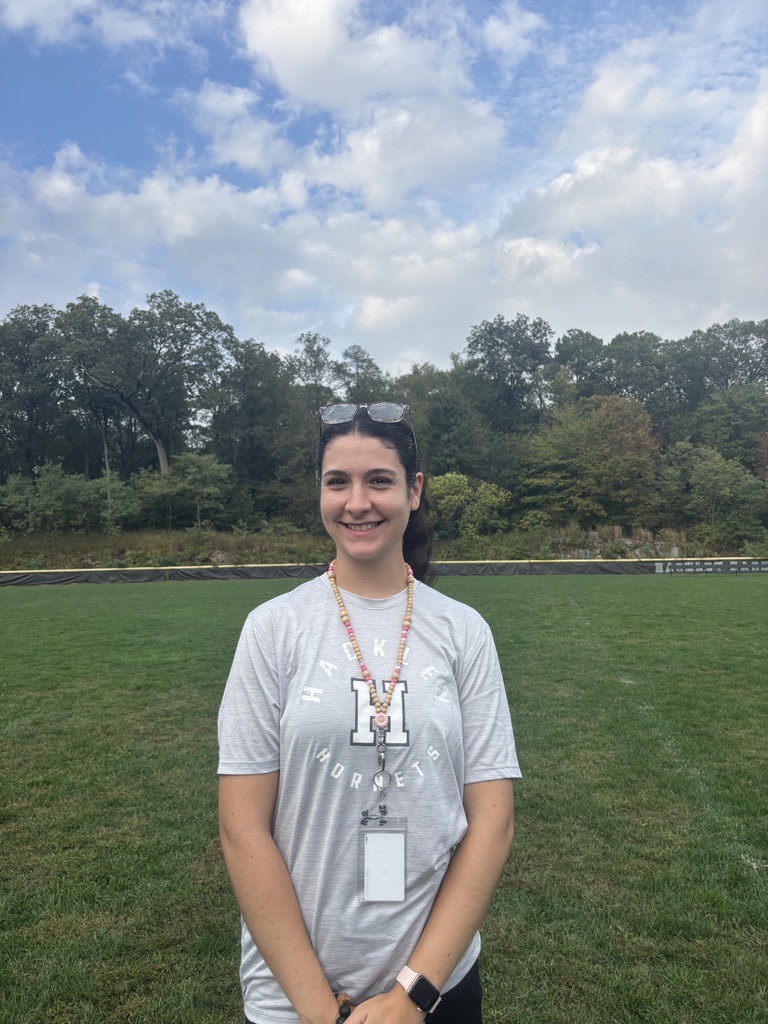“Are you guys twins?”
That question has followed my identical twin and I our whole lives. It has followed us so much that it has become predictable. We can tell by the stare or the look on a person’s face, just what is about to come out of the mouths of those who are brave enough to ask. Those who ask have a look of relief when we answer “yes” in sync, followed by an immediate stare at each other, as we had just answered at the same time, feeding into the stereotypical twins.
Growing up, everywhere we went, we just couldn’t seem to get away from it. “You’re so lucky” they would say, “What’s it like being a twin?” Every time I would state the same response to these questions: “It’s really just like having a regular sibling,” but what I realized as I got older was just how wrong I was.
When we were young, we would often complain to our mom about how “Are you guys twins?” was the most annoying thing a person could ask. If everyone had trouble telling us apart, then wasn’t it obvious we were twins? Going out in public together to places such as the grocery store, we knew the long-awaited question we would get asked, and dreaded the small talk with random strangers who would try to relate to us being twins by saying things like: “My sister’s best friend is a twin.”
Being a twin is strange. I’ll admit, it’s quite odd when many have trouble telling you apart and you’re constantly told how identical you look to a person, but when you look in the mirror, you can’t see it. I’ve spent too much time looking at photos of my twin and I, thinking, “Do we really look that identical?” but every time I fail to see what people were talking about because, to me, we don’t look alike. This is especially confusing when people close to us don’t think twice about which twin they are talking to, but others have trouble telling the difference.
I never understood people’s fascination with twins because, in my eyes, it was simple: I just happened to be born on the same day as my sister, we shared a birthday every year, and we shared 99.9% of our DNA. That was my normal.
“Gita” was a word part of our own language. When we were little we made up a language that only we could understand. My mom often recalls how we talked in it frequently, always knowing what each other was saying, despite it not being a real language and it sounding like little kid gibberish.
Being a twin has had its ups and downs, and although seemingly frustrating to always be referred to as “the twins,” I grew to love it, despite not always feeling that way.
There were many times when after I corrected people for referring to me by the wrong name, I wanted to burst out with frustration at their response, “Whatever, you’re the same person.” I immediately got defensive, finding ways to argue or demonstrate just how different we are. Were people dumb? How could they fail to understand that we are two different people, with two different brains, with our own thoughts and feelings? It felt like no one even tried to get to know us separately, but just regarded us as one. Whenever she did something or said something, that was automatically also me.
“Twin” became a permanent tattoo that everyone could see. “Twin” became my new name. “Twin” was me.
Although I’ve often argued that it’s like having a regular sibling and not as cool as everyone thinks, I was wrong because being a twin is having a BIBF (built-in best friend). Being a twin is having the ability to understand your twin like no other and looking at your twin and knowing exactly how they are feeling, not because of the stereotypical twin telepathy, but because you have spent so much time together. Being a twin is always having someone to talk to. Being a twin is like having an eternal sleepover.
As I got older, when people asked me “Are you guys twins?” I no longer dreaded the question but looked forward to it as a great way to meet new people. “Are you guys twins?” became our conversation starter. It became the reason why we had formed so many new friendships.
Last summer we worked together at a summer camp with 500 staff members, yet we were the only twins working together there. People quickly started calling us “the twins,” and this time I wasn’t annoyed, instead I was appreciative. “Are you twins?” was our new icebreaker in an environment filled with all new people. It was the reason we had made so many friends that made last summer the best one thus far.
As we are growing closer to big changes in our lives such as college, we are often questioned if we will go to the same college. Our answer would be that if it happens, it happens. We would be happy to go together but also separately, and I think this shows how we have grown to be okay with our connected identities, but also enjoy aspects of our individualities.
So what I can say is that although there were times I was frustrated with being a twin when people failed to see my individuality, I’ve often thought about what it would be like if I were never born a twin. Still, I’m always left with the same conclusion: without my twin, who would I have to finish my sentences?









Natasha • May 28, 2025 at 3:56 pm
I myself have a twin and i respect those who ask. But sometimes it also gets annoying. I’m glad someone thinks the same way